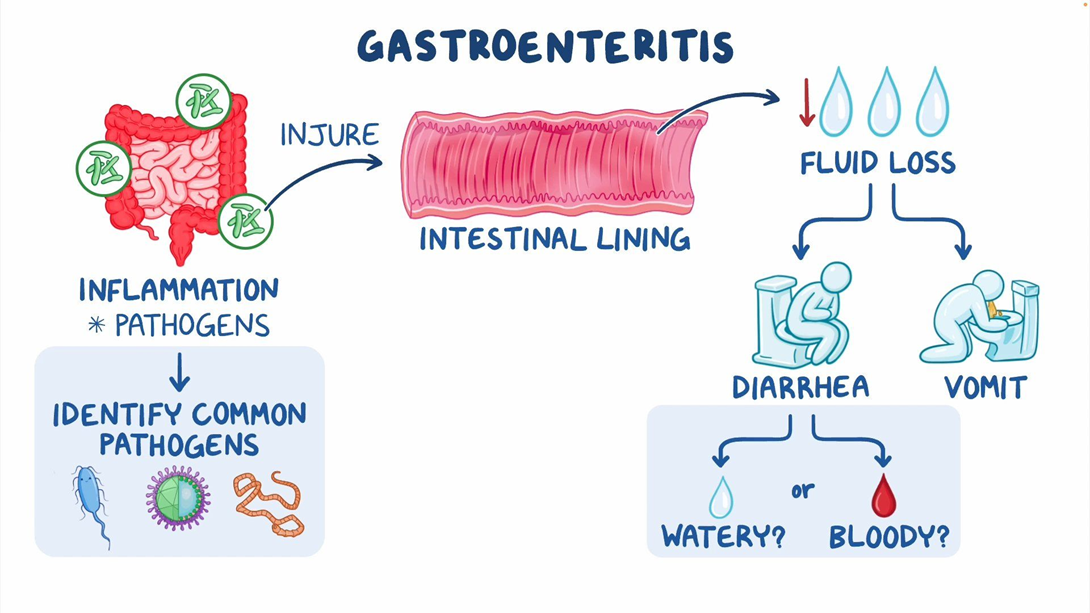A nurse is caring for a client who has a pressure injury and is assessing the client's dietary intake. Which of the following factors should the nurse identify as a barrier to wound healing?
Decreased fat intake
Decreased vitamin C intake
Increased protein intake
Increased caloric intake
The Correct Answer is B
Choice A reason: Decreased fat intake is not a barrier to wound healing, as long as the client meets the recommended daily intake of essential fatty acids. Fat is important for cell membrane integrity, inflammation, and immune function. However, excessive fat intake can increase the risk of obesity, diabetes, and cardiovascular disease, which can impair wound healing.
Choice B reason: Decreased vitamin C intake is a barrier to wound healing, as vitamin C is essential for collagen synthesis, wound repair, and antioxidant activity. Vitamin C deficiency can lead to impaired wound healing, increased susceptibility to infection, and scurvy. The nurse should encourage the client to consume foods rich in vitamin C, such as citrus fruits, berries, peppers, broccoli, and tomatoes.
Choice C reason: Increased protein intake is not a barrier to wound healing, but rather a facilitator of wound healing, as protein is necessary for tissue growth, repair, and maintenance. Protein deficiency can result in delayed wound healing, increased risk of infection, and loss of lean body mass. The nurse should advise the client to consume adequate amounts of high-quality protein, such as eggs, milk, cheese, meat, fish, poultry, soy, and nuts.
Choice D reason: Increased caloric intake is not a barrier to wound healing, but rather a facilitator of wound healing, as calories provide energy for wound healing processes. Caloric deficiency can lead to malnutrition, weight loss, and impaired wound healing. The nurse should ensure that the client meets their caloric needs based on their age, weight, activity level, and wound severity.
Nursing Test Bank
Naxlex Comprehensive Predictor Exams
Related Questions
Correct Answer is A
Explanation
Choice A reason: Confusion and weakness are signs of dehydration and electrolyte imbalance, which can result from vomiting and diarrhea. These are serious complications that can affect the client's mental status, blood pressure, heart rate, and kidney function. The nurse should report these changes to the provider and monitor the client's vital signs and fluid status.
Choice B reason: Dry oral mucosa and furrowed tongue are also signs of dehydration, but they are less severe than confusion and weakness. The nurse should report these changes to the provider as well, but they are not the most urgent ones.
Choice C reason: Clear lungs bilaterally are a normal finding and do not indicate any change in the client's condition. The nurse should document this finding, but it does not require reporting to the provider.
Choice D reason: A soft and non-tender abdomen is a normal finding and does not indicate any change in the client's condition. The nurse should document this finding, but it does not require reporting to the provider.

Correct Answer is C
Explanation
Choice A reason: Formula should not be changed to whole milk until the infant is 12 months old, as whole milk does not provide enough iron and other nutrients for the infant's growth and development. Whole milk can also cause intestinal bleeding and increase the risk of allergies in infants younger than 12 months.
Choice B reason: Formula that remains in the bottle should not be used for another feeding, as it can harbor bacteria and cause infection. Any formula that is not consumed within one hour of preparation or feeding should be discarded.
Choice C reason: If the infant turns away after taking most of the feeding, it is a sign that the infant is full and satisfied. The nurse should instruct the parents to stop the feeding and burp the infant. Forcing the infant to finish the bottle can cause overfeeding and vomiting.
Choice D reason: If the infant is gaining weight too rapidly, diluting the formula is not a safe or effective solution. Diluting the formula can cause water intoxication, electrolyte imbalance, and malnutrition in the infant. The nurse should advise the parents to consult with the infant's doctor about the appropriate amount and type of formula for the infant.
Whether you are a student looking to ace your exams or a practicing nurse seeking to enhance your expertise , our nursing education contents will empower you with the confidence and competence to make a difference in the lives of patients and become a respected leader in the healthcare field.
Visit Naxlex, invest in your future and unlock endless possibilities with our unparalleled nursing education contents today
Report Wrong Answer on the Current Question
Do you disagree with the answer? If yes, what is your expected answer? Explain.
Kindly be descriptive with the issue you are facing.
